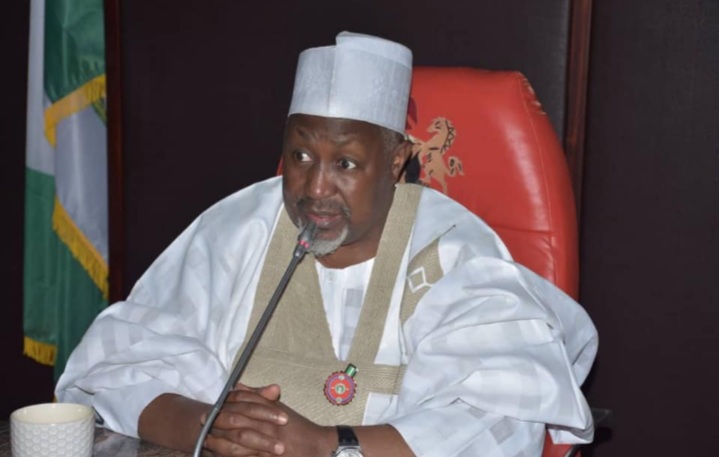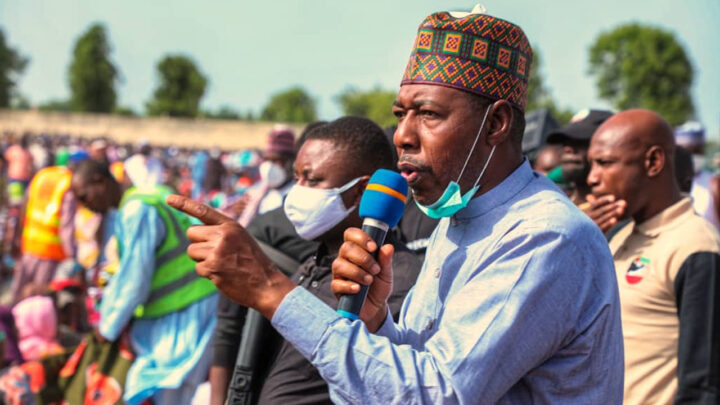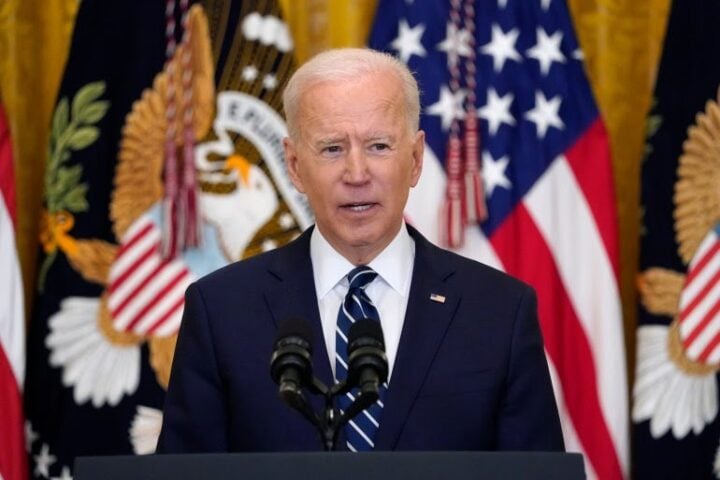Joseph ‘Sepp’ Blatter, the ex-president of the Federation of International Football Federation (FIFA), was head of the soccer-governing body from 1998 to 2015.
He previously held the secretary-general position of the Zurich-based institution for 17 years before his presidency.
His time as president brought several developments to football, the most famous being staging the FIFA World Cup in South Africa in 2010. He was also roundly criticised for promoting football at the detriment of human rights abuse, especially by awarding Qatar the 2022 World Cup, a country known for human trafficking.
Perhaps his most damning assessment is the several corruption allegations that eventually led to his FIFA exit in October 2015. The former public relations expert and some of his selected cronies siphoned monies through contract amendments and phony performance assessments, leading to criminal cases and sanctions by the world football body.
Advertisement
Based on the lengthy document released by FIFA’s ethics committee (adj. ref. no. 7/2020), TheCable examines how Blatter, in connivance with Jérôme Valcke, ex-FIFA secretary-general, and Markus Kattner, a former director of FIFA finance & administration, awarded “unlawful” contracts and “extraordinary” bonus payments.
$24.54 million via contract amendment
While his tenure started on a quiet note, Blatter brazenly opened the floodgates of corruption with Valcke and Kattner in December 2010, months after the FIFA World Cup in South Africa.
Advertisement
He expressly changed his contract agreement and those of Valcke and Kattner to include extraordinary bonuses totaling $24.54 million for “services performed” in connection with the South Africa fiesta. The payment was equally spread over four years and Blatter got the highest share of $11.74 million. None was reported in FIFA’s financial statements for the year.
Two interesting clauses in the agreement were that immediate full payment of the bonuses would be made available if they exit from FIFA for any reason, and to their heirs in the event of death.

Hayatou gets $1.07 million in 2010 as Grodona receives $4.8 million in four years
Advertisement
To make the similarly-worded amended contracts sail through, Blatter and Valcke initially paid Julio Grondona, then chairperson of the FIFA finance committee, $1.07 million World Cup bonus in November 2010.
Issa Hayatou, former CAF president, also received a similar amount but both were recorded in FIFA’s 2010 financial statements. Over the next three years, Grondona received $1.07 million extraordinary bonus yearly unrelated to the World Cup until his death in 2014. In total, he received $4.8 million, including a pro-rated $583,333 bonus payment on August 8, 2014.
$27.75 million, a frivolous committee and contract amendments
On April 30, 2011, Blatter and his cronies, again, expressly amended the employment agreements of Valcke and Kattner, extending their terms from December 31, 2015, until December 31, 2019.
Advertisement
Six months later, another set of contract amendments were formulated and signed by all parties on behalf of FIFA. This time, a total of $27.75 million extraordinary bonuses in connection with the 2013 FIFA Confederations Cup Brazil and the 2014 FIFA World Cup Brazil was allocated for disbursement upon completion of the tournaments — with both events yet to be staged at the time of the agreement. Blatter and Valcke were awarded $12.81 million and $10.67 million respectively.
To access the funds, a three-member compensation sub-committee (CSC) that confirmed the right of the FIFA president (Blatter), FIFA secretary-general (Valcke), and FIFA deputy secretary-general (Kattner) to receive annual ordinary and extraordinary bonus payments based on annual performance was set up.
Advertisement
Before the committee could meet to confirm if objectives had been met, Blatter expressly approved payment of both 35 and 65% for Valcke and Kattner in 2013 and 2014 respectively — before the CSC later approved it at its first two sittings.
According to the document, the financial statement from the 2013 FIFA Confederations Cup only listed the 35% payments as “salaries” and there is no mention of the other 65% payment. The CSC then approved Blatter’s share of the 2011 agreement — $12.81 million — in May 2015 following his completion of a fourth term in office.
Advertisement
Blatter, who was an amateur footballer from 1948-1971, will begin the new 6 years and 8 months ban from October, keeping the 85-year-old away from all football activities until June 2027.
Advertisement
Add a comment






